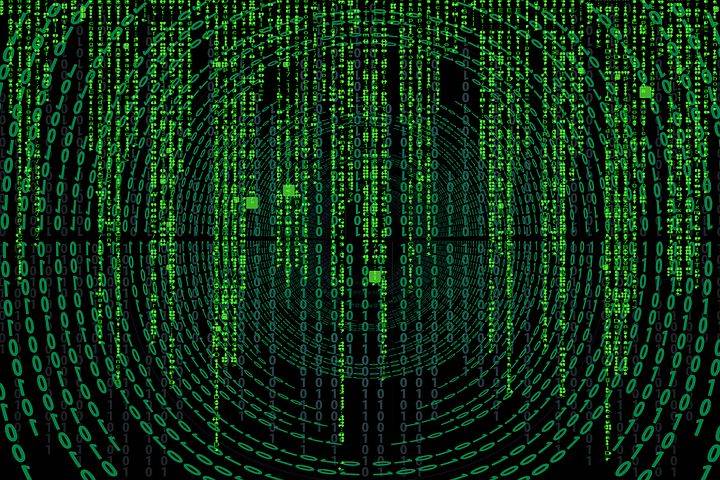On September 15, 2015 several civil society organizations, institutions and citizens submitted a joint letter to the PMO expressing their concerns over the “Guidelines for Examination of Computer Related Inventions (CRIs)” issued by the Office of the Controller General of Patents, Designs and Trademarks on 21st August, 2015.
Some of the noted Institutions and Organizations included in this letter are IIT Bombay, C-DAC, IIM Bangalore, Alternative Law Forum, Centre for Internet & Society, Bangalore , National Working Group on Patent Laws, to name a few.
According to the applicants the new guidelines are a matter of concern in the context of the potential repercussions the guidelines are likely to have on Indian industry and innovation. The Guidelines in their current form provide for patenting of software. The authors of the letter feel that this could place the Indian software industry, especially the software product companies and startups at the mercy of Multinational Corporations and patent holding entities, which have several patents in the area. The authors of the letter have submitted that the Guidelines in their current form are contrary to Section 3(k) of the Patents Act, 1970, which excludes mathematical and business methods, computer programs per se, and algorithms from patentable subject matter.
The authors have pointed out that methods of encoding/decoding, encryption/decryption, and simulation through mathematical formulae are cited as patentable examples. This effectively negates the intent of Section 3(k), as it enables the patenting of mathematical methods that are claimed citing a technical application.
Further, the authors have observed that, according to the guidelines, if the claimed subject matter of a patent application specifies an apparatus and/or a technical process for carrying out the invention even in part, the claims would then be examined as a whole and as per the guidelines mere usage of words such as “enterprise”, “business”, “supply-chain”, “sales”, and “commerce” in a claim would not make a CRI just a business method.
Another important observation made in the letter is with respect to “computer programs per se”. The 2015 Guidelines state that so long as a computer program is not claimed “in itself”, but is claimed in such a manner so as to establish industrial applicability while fulfilling all other patentability criteria, the patent should not be denied. This, the authors say is in contradiction to the Patent Office’s earlier stance, where only those computer programs combined with novel, non-general purpose machines were to be considered for patenting.
The authors also point out that when in 2005, Section 3(k) was proposed to be amended by the by the Patents (Amendment) Bill, in order to extend patentability to computer programs with “technical application to industry”, it was faced with stiff opposition on the ground that it would result in the creation of monopolies by multi-nationals. The amendment was thus struck down, thus demonstrating a clear legislative intent against broadening the patentability of computer programs.
Some strong statements have been made by the stakeholders in this letter to the PMO indicating their fears and strong displeasure with respect to the issued Guidelines. The stakeholders have claimed in unison that the implementation of the guidelines will invariably stifle innovation and weaken the Government’s “Make in India” initiative and have requested the Hon’ble Prime Minister to initiate urgent steps to recall the Guidelines.
The 2015 guidelines seek to subvert three of the four items that have been held to be not patentable under Section 3(k) of the Patents Act. One is software per se, the second is a mathematical method and the third is a business method.
The US was the first to bring into spotlight the concept of software patents. The courts first permitted software patents and then even considered business method patents. Subsequently, under the intervention of the US Supreme Court, this unstable interpretation of the law was reversed, with patentability being allowed only if the software was in combination with hardware, and both as a whole showed innovation worthy of a patent. The US Supreme Court has also held that running software on a generic computer would not qualify for a patent. Various countries – Germany and New Zealand recently – have also come to this position or even stronger ones with respect to software patents. It is indeed, ironic that while the US is now pulling back to the position that the Indian Patent Act holds, the Patent Office is seeking to interpret the law in a way that defeats the law itself.
What happens next is anybody’s guess!
Authored by Gaurav Mishra
Source: here
Note: The views presented in this blog are that of the authors alone and do not represent the views of the organization in any way.



